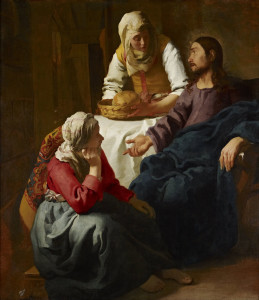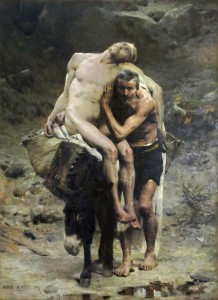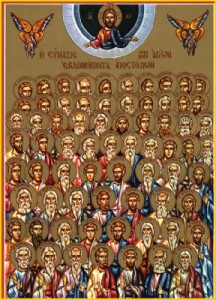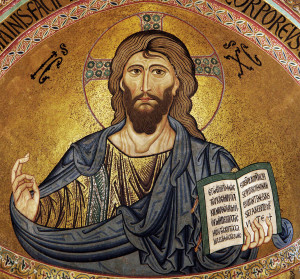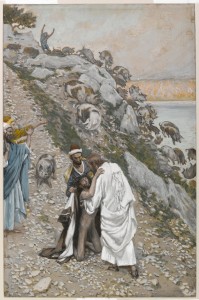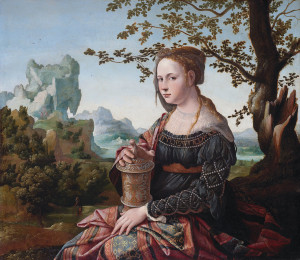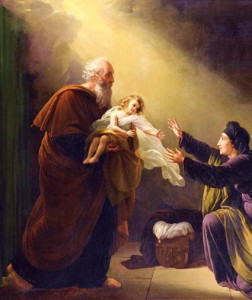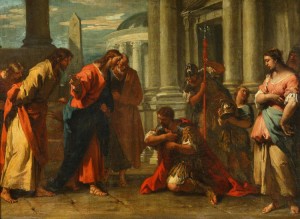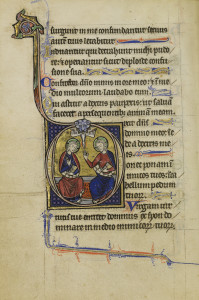Thoughts on Today’s Lessons for July 24, 2016
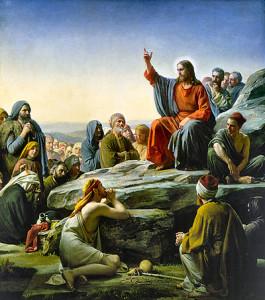
Sermon on the Mount, Jesus Praying. Oil painting by Carl Heinrich Bloch,
Danish Museum of National History at Frederiksborg Castle, 1877.
Using language as grim as we heard from the prophet Amos in recent readings, the prophet Hosea uses the strange metaphor of marriage to a prostitute to warn Israel and Judah that they face destruction. Even the names of the children of this marriage offer disturbing images: “God Sows,” “Not Pitied,” and “Not My People.” The last verse, though, offers hope for the future, when “not my people” turns to “children of the living God.”
First Reading (Track Two): Genesis 18:20-32
The patriarch Abraham and his family pause in their journey as hear the beginning of the familiar story of the destruction of Sodom. God’s wrath with the Sodomites is well known, but we tend to forget that their grave sin was not about sex but lack of righteousness. Hoping to save the city, Abraham bargains with God, who was quite willing to avoid the carnage if as few as 10 righteous people could be found.
Harmonizing with Hosea’s vision of an angry God, today’s Psalm sings out grateful relief from a thankful people who feared that their sins earned God’s fury and wrathful indignation, but now look forward to the mercy and salvation that they hope to receive from a God who remains faithful regardless. When we listen to God, we hear mercy meeting truth as righteousness and peace join in a kiss.
Psalm (Track Two): Psalm 138
The relationship of this Psalm to the destruction of Sodom may not seem apparent at first, but if we listen closely we may hear a distant echo of Abraham persuading God not to give up on the people but to look to those who remain righteous and who thank God for their many blessings. God responds when we call, the Psalmist sings. We know that God’s right hand will save us; God’s steadfast love endures.
Second Reading: Colossians 2:6-15 (16-19)
The church at Colossae was a community of new believers, looking forward to being raised with Christ through faith in God’s power. But they were a Gentile community, too, still wrestling with the pagan beliefs of their Greek culture. The author warns against false teachings, “philosophy and empty deceit … festivals, new moons or sabbaths.” God sets that aside with earthly rules and law, he writes; and in words echoing Jesus teaching us how to pray, we remember that God forgives our trespasses.
Gospel: Luke 11:1-13
When Jesus teaches us to pray, he calls us to be righteous, just as the ancient prophets demanded of Israel: Share our food, forgive our debts, do to others as we would have them do to us. Do these things and help open God’s Kingdom, not only in Heaven but right here on Earth. Attend closely to the following verses, which use the metaphor of an awfully demanding friend to underscore the importance of sharing our bread and loving our neighbors whatever the circumstances. Just as God opens the door when we knock, so should we do the same to our neighbor.

